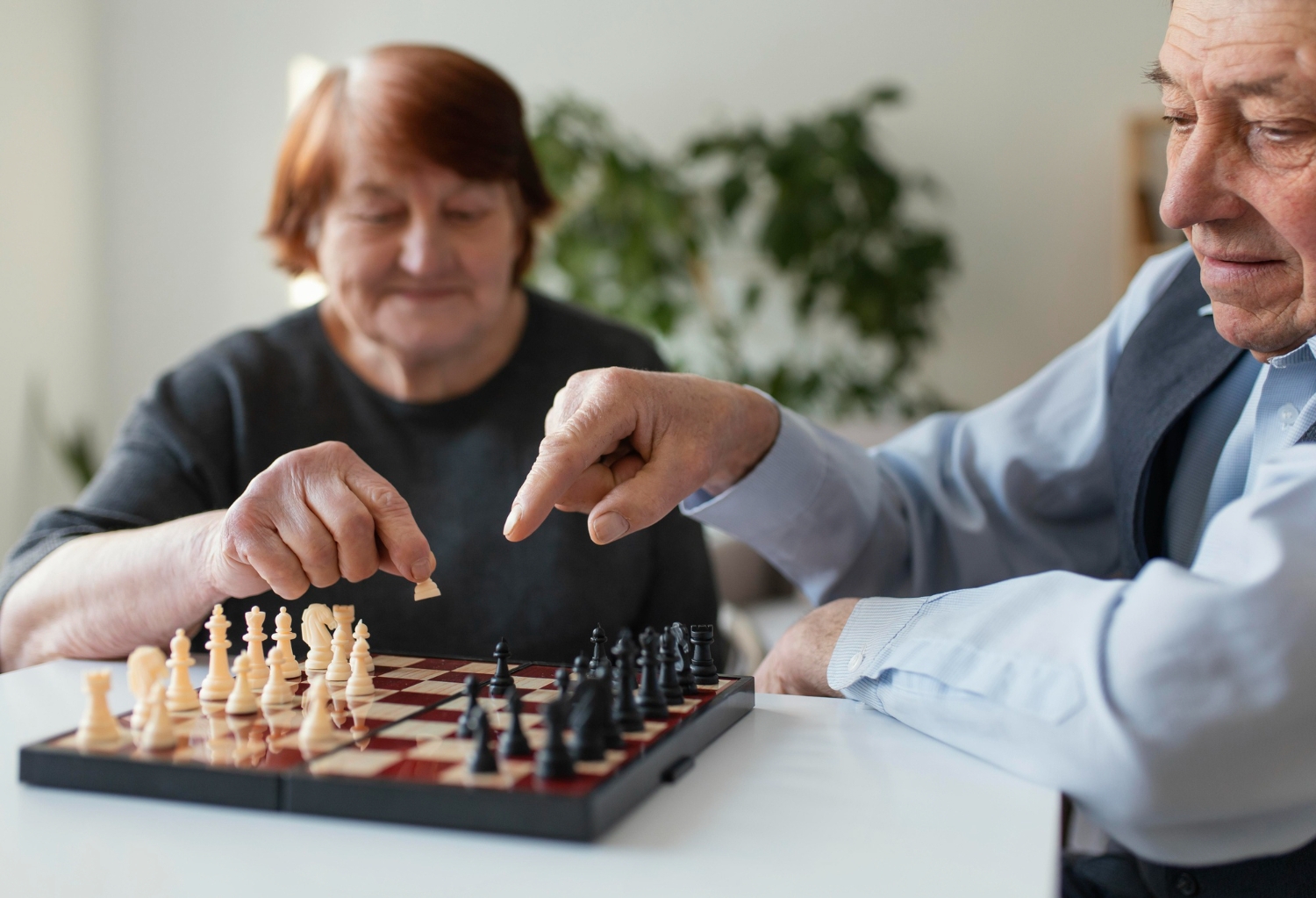In the fabric of modern society, where the pace of life often leaves the elderly behind, the importance of social engagement for seniors emerges as a beacon of health, happiness, and prolonged vitality. This article delves into the critical role that social interaction plays in the lives of our senior population, highlighting how vital it is for their mental, physical, and emotional well-being.
Enhancing Mental Health
Social engagement stands as a powerful tool against the decline of mental health in seniors. It’s well-documented that seniors who maintain a robust social network enjoy lower levels of anxiety and depression. The act of engaging in meaningful conversations and participating in social activities acts as a stimulant for the brain, warding off cognitive decline and reducing the risk of Alzheimer’s and dementia. Keeping the mind active through socialization not only keeps it sharp but also promotes mental agility and resilience.
Boosting Physical Health
The benefits of social engagement extend well beyond the confines of mental health, casting a positive light on physical well-being too. Seniors who are socially active are more likely to partake in physical activities, which are crucial for maintaining mobility and health. Activities like group exercises, walking clubs, and dance classes not only keep the body fit but also offer avenues for interaction and camaraderie. This blend of social and physical activity is linked to improved cardiovascular health, a robust immune system, and a decreased risk of various chronic conditions.
Emotional Well-being and Loneliness Alleviation
The scourge of loneliness and isolation can take a heavy toll on the emotional health of seniors. Being part of a community or engaging in group activities provides a buffer against these negative feelings. It fosters a sense of belonging, boosts self-esteem, and cultivates a positive outlook on life. Engaging in group activities like book clubs, art classes, or volunteering allows seniors to express themselves and share their life experiences, significantly mitigating the feelings of loneliness and isolation.
Promoting a Sense of Purpose
Active participation in social activities imbues seniors with a sense of purpose and fulfillment. Whether it is through mentoring younger generations, volunteering for causes they are passionate about, or engaging in community events, these activities make seniors feel valued and connected. A sense of purpose is not just about keeping busy; it’s about contributing, sharing, and influencing the world in meaningful ways, which in turn, enhances their sense of well-being and contentment.
Conclusion
The tapestry of social engagement for seniors is rich and complex, offering a myriad of benefits that touch on every aspect of their lives. It’s a testament to the fact that at any age, human connection remains a cornerstone of our existence. For seniors, staying socially active is not just about passing the time; it’s about enriching their golden years with quality, joy, and fulfillment. As society continues to evolve, let us remember the value of fostering these connections, ensuring that our seniors lead lives that are not only long but also deep and rewarding.
For those looking to enrich the lives of the seniors in their communities, the message is clear: encourage and facilitate social engagement. Whether it’s through technology, community programs, or simple regular visits, every effort counts in making the golden years truly golden.
